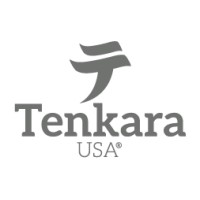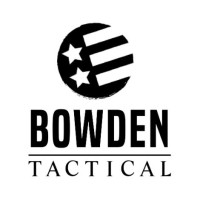
Tenkara USA
Tenkara USA is the first company to introduce the simple Japanese method of fly-fishing, tenkara, outside of Japan. Founded in April 2009 by Daniel W. Galhardo, Tenkara USA is a fully independent company based in Boulder, Colorado. The vision for Tenkara USA is to introduce tenkara outside of Japan, to open the doors to people who like the idea of fly-fishing but have always found western fly-fishing too complex, and to excite experienced fly anglers through an undeniably effective but simpler approach to fly-fishing. Tenkara USA has developed very strong relationships with tenkara masters in Japan. We rely heavily on their knowledge and feedback to ensure our products, like the knowledge we share, are of highest quality and true to the tenkara traditions. Tenkara USA products have acquired renown worldwide, applause from our teachers in Japan, and passionate devotion by our customers.






